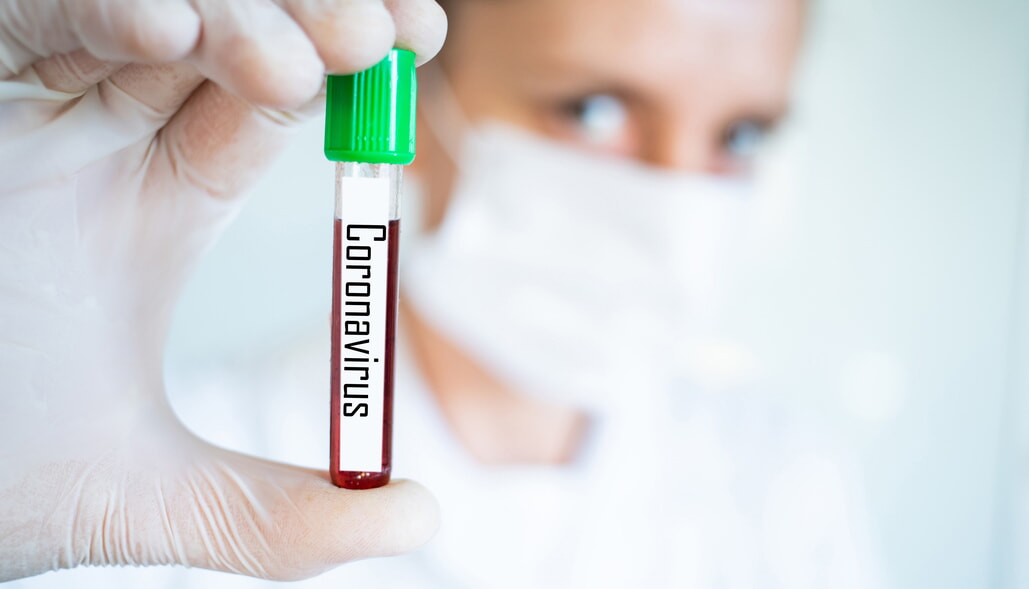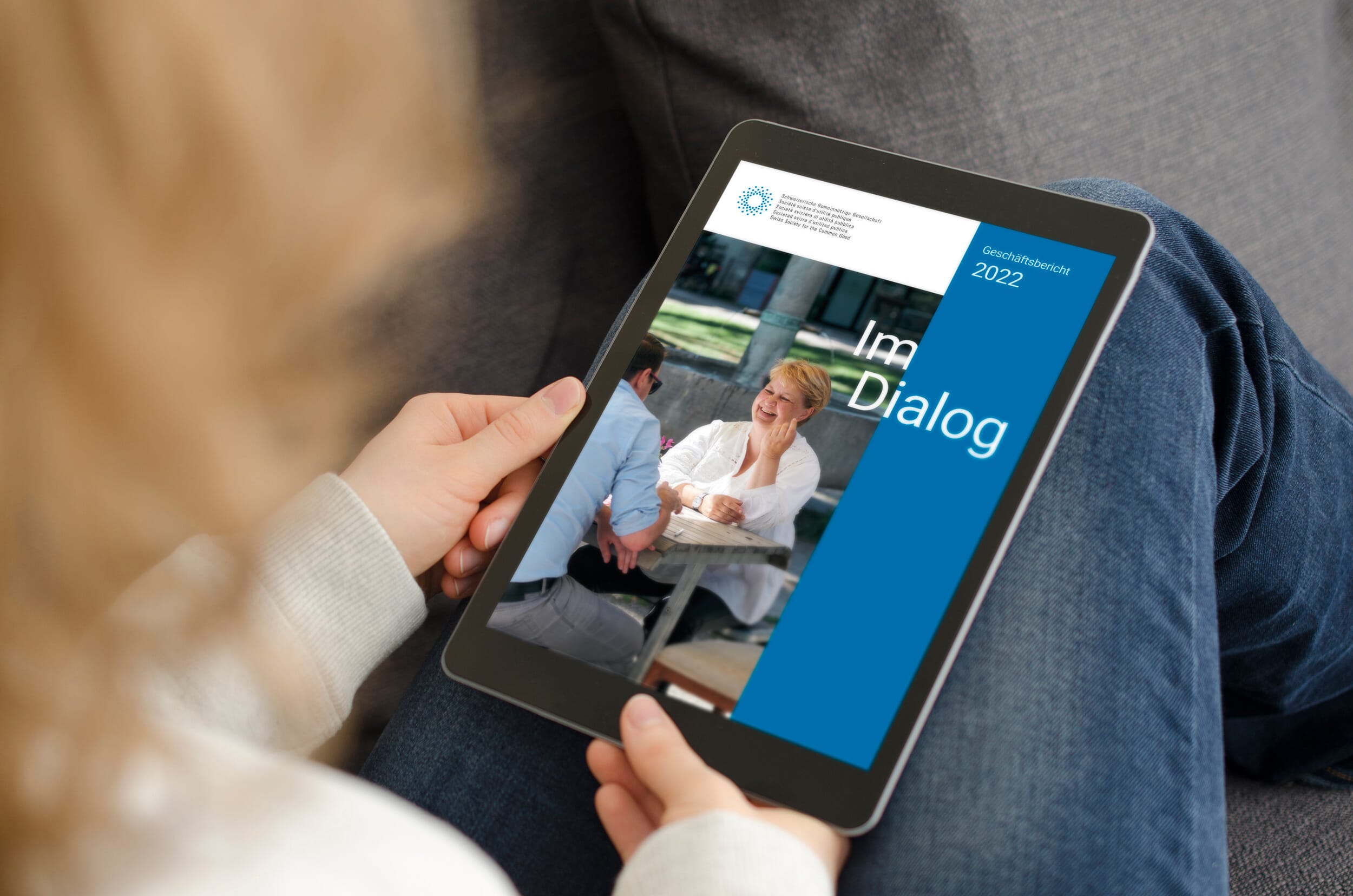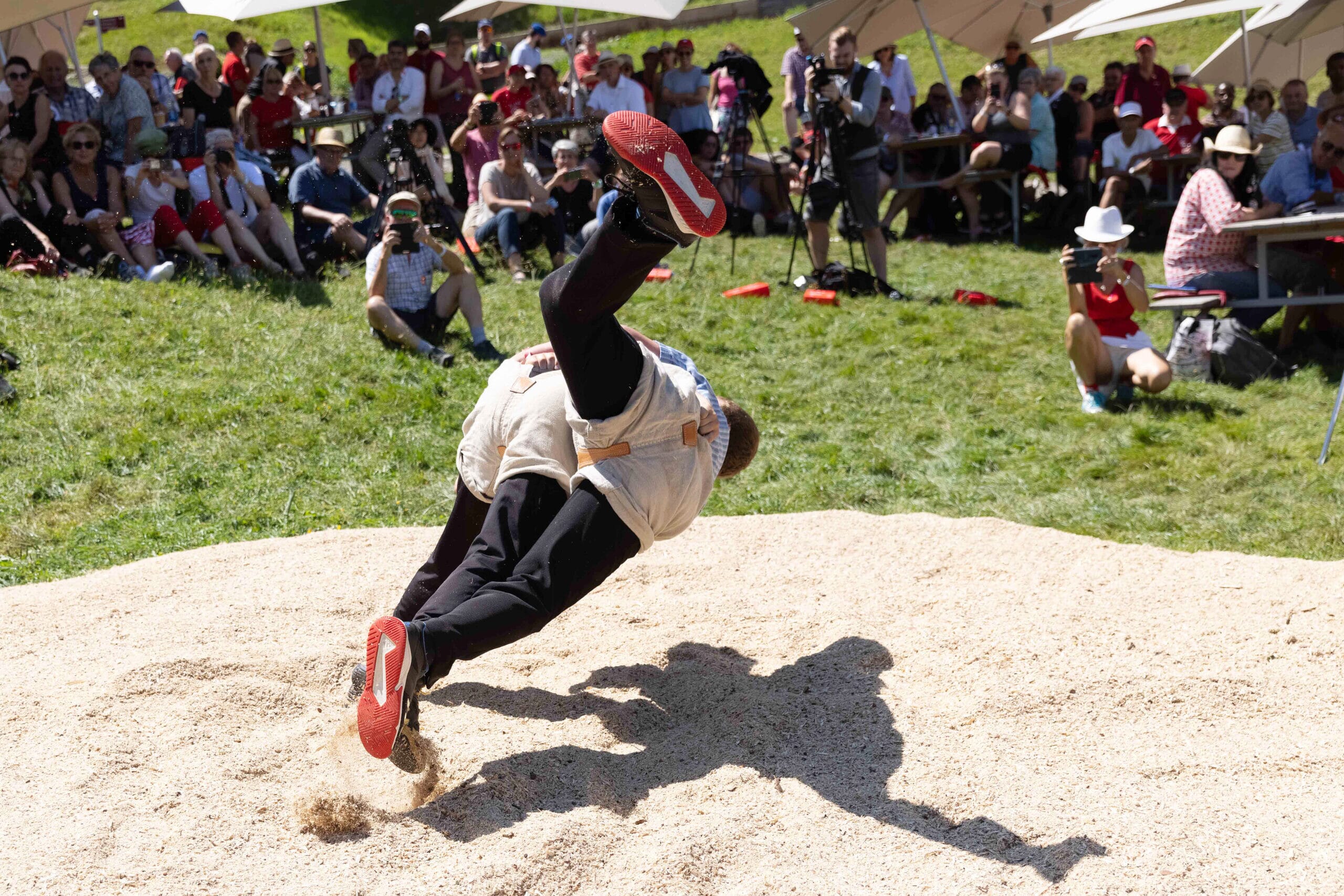8. September 2020
Corona sequences: What do we learn from COVID-19 ?
Because it is still too early and maybe it will never be possible at all to give meaningful and conclusive answers to the many questions around COVID-19, at least 50 questions are listed here, which do not claim to be complete, but sooner or later deserve an answer.
Personal level
1. what did I miss most during the almost three months Lockdown?
a) Visiting family, relatives, relatives
b) Meeting with friends
c) Meeting with lover*in
d) Being together with colleagues
e) Informal welcome rituals
f) Fresh flowers on the table
g) Shopping
h) Travel abroad
i) Eating with friends in a restaurant
j) going out, parties, clubs
k) Sports programs on TV
l) Sports events in the stadium
m) School, study in the usual framework
n) Visit to the hairdresser
o) Concerts
p) Theater
q) Planned weddings
r) Dignified funerals of relatives
2. what bothered or annoyed me most during the almost three months of lockdown?
a) Video sessions
b) Limiting freedom of assembly
c) Limitation of freedom of movement
d) Limitation of the freedom of trade
e) Focus of media reports on one and only mega topic
f) Paternalism of persons over 65 years
g) Expansion of the worldwide power of mega online retailers
h) Closure of schools
i) Closing of restaurants and clubs
3. what did I appreciate most during the almost three months lockdown?
a) Being alone
b) Time to write
c) Time for reflection
d) Time with family
e) Night rest in the cities on weekends
f) Absence of mass tourists
g) Decrease of car traffic
h) Sky without airplanes
i) Distance learning by video
j) Home Office
k) Shorter video sessions
l) Solidarity in the neighborhood (shopping etc.)
m) Gratitude and appreciation towards people in systemically relevant professions (health, public transport, cleaning, sales, etc.)
4. how will Corona change my lifestyle in the long term?
a) Fewer or no longer fly
b) Consume regional products more consciously
c) lobby for higher wages for systemically important professions
d) Make more home office
e) Replace business trips with video sessions
5. how much do I make my well-being dependent on the level of infection in the region or on the prospect of an early corona vaccination?
6. what have I learned for my thinking and acting through the corona crisis?
politics:
7. politics has taken the health of the inhabitants more important than money, because in a civilized society and according to our constitution the strength of the people is measured by the welfare of the weakest and most vulnerable. But how many lives have actually been saved by the lockdown?
8. How many livelihoods have been destroyed by the lockdown?
9. Is it possible that more lives were endangered by the lockdown than were saved?
10. besides the rescued Corona patients, who will now live for some time with sometimes severe lung damage, shouldn’t the number of new social cases, depressives, suicides, separations, domestic violence, torn families, unemployed, and company bankruptcies also be counted?
11. were the measures taken by the Federal Council to close schools, restaurants and stores for 6 weeks and to ban gatherings of more than 5 people justified in order to save the lives of people who tend to be old and in poor health?
12. the federal government called on the population to “social distancing” for months. However, social is an ethical and not a spatial category. Social distance was exactly what we did not need during the crisis. The term “physical distancing” would have been appropriate. How was it possible for the term “social distancing” to establish itself as the ideal attitude against COVOD-19 in the FOPH and in the government?
13. was it legitimate to trigger an economic crisis with a health policy intervention by politicians?
14 Were the government and parliament sufficiently legitimized when they distributed the billions they received from taxpayers without a decision by the sovereign?
15. would a one-time property levy from the rich or the reintroduction of inheritance tax be legitimate to save the economy?
16 When the executive branch restricts basic and human rights to protect the common good, it is all the more important that the legislature and the judiciary, as well as civil society and the media, are vigilant so that politicians know that and when they must lift the restrictions. In this context, how can we assess the decision of the Swiss parliament, which broke off its session in March 2020 and only met again in June, while schools and businesses managed to switch to online sessions within days?
17. for what reason – if not out of pure nationalism – were neighboring countries primarily presented as sources of danger, national borders closed and a stop imposed on the export of medical goods, while countless citizens from all over the world were repatriated on special flights?
18. Before the Corona crisis, we were vehemently outraged by the permanent surveillance of citizens in China. During the lockdown, however, even in this country many citizens advocated the renunciation of basic rights such as freedom of assembly, freedom of trade and freedom of movement. Most of the media did not write a critical word against the state restrictions for weeks. More than half of the residents now voluntarily let themselves be monitored by the Corona app. And epidemiologists are even calling for an app installation obligation for partygoers. Has Corona caused long-term damage to our awareness of human rights and civil liberties?
19. How is it that in a globalized world with a globally migrating enemy, almost all nation states autonomously set up their own corona rules and closed their borders for months, while in Switzerland in March no decision was taken to evacuate certain regions, for example, where there were particularly high numbers of Covid infections?
20. In the end, were the border closures water on the mills of those who have always demanded that borders be closed to foreigners?
21. Despite decades of warnings about global warming and damage to the whole of humanity, not a single plane has been seen less in the sky. But because of the threat to individual survival, global grounding suddenly became possible. What does this experience mean for the energy strategy of Switzerland and worldwide?
22. Wasn’t the call for older people to stay within their own four walls and not to receive visitors in retirement homes a dangerous discrimination?
23. One canton even wanted to introduce a curfew for senior citizens during the lockdown. How do you assess this measure, which is usually only used by military dictatorships to take action against members of the opposition? What political consequences does the plan at the time have for the creators of this idea?
24. The lockdown was a prioritization of the old people’s chances of survival over the young people’s chances for the future. How has Corona changed solidarity between generations in the short and long term?
Civil society:
Churches, associations, NGOs and aid agencies were severely affected by the lockdown, but were integrated into the government’s deliberations only very late. There is also no permanent position at the federal level to maintain contact with civil society. What have we learned from the Corona crisis for the relationship between the state and civil society?
The churches and religious communities were hit by the ban on assembly during the lockdown in the Mark. Through streamed celebrations, the religions partially reached new target groups. On the other hand, there was a danger that community rituals would become a consumer good.
What impact does the corona crisis have on gender roles, especially since the majority of employees in systemically important professions (nurses, doctors, cashiers, educators, social workers and teachers) are women? Which of these professions will receive more money and prestige in the future in addition to applause?
During the Corona period it became clearer than ever that 90% of unpaid care work is done by women. Is the question of which work is paid and which is not, ultimately a political or an economic one?
To what extent has Corona promoted or weakened social cohesion?
What argument was used by hoteliers and innkeepers to obtain emergency loans from the state and be able to apply for short-time work, but not for self-employed artists?
How has Corona changed the already existing differences in income and wealth among the population? Who are the financial winners, who are the losers?
Who should in future ensure and control that the federal government and the cantons build up sufficient stocks of important items such as respirators, protective masks or alcohol?
Corona has shown more clearly than ever that major social challenges can only be solved through close cooperation between the state, business and civil society. What does this mean for future governance in times of crisis? In future crisis situations, what should an ideal government look like that involves parliament, the cantons, business, science and civil society more in its decisions?
Corona shows that what happens in a country or region can have rapid global repercussions. How is it that even digital tracing apps are built nationally and do not meet the needs of a mobile and global society?
The governments of the EU member states first looked at the situation in their own countries. European citizens* were catapulted back into times that had long been thought to be overcome. What does the EU learn from the Corona crisis?
will the EU aid programs for the economy lead to a new common ground or will they rather be a cause for dispute over distribution?
politicians in many countries have misused and continue to misuse the Covid 19 virus as a welcome alibi for curtailing basic, civil and human rights of the people and civil society and consolidating their own power, even in supposedly liberal democracies.
Asylum proceedings continued during the Corona period, although it was not possible for asylum seekers, lawyers and aid agencies to lodge appeals with the already very short deadlines. What consequences do the Corona experiences have for asylum procedures?
Paperless people lost their work assignments in the lockdown. Depending on the region, they received special state aid or not. How will the state deal with the most vulnerable members of our society in a special emergency situation in the future, so that it remains faithful to the constitution?
Economy and the world of work
While many companies have been saying for years that home offices are not possible for security reasons, today nobody doubts the possibility of working from the living room. In some cases, home office even led to a higher level of accessibility for employees. What effects does the increasing activity in the home office have on private living, on the reduction of fixed jobs, on private and public mobility, on real estate in cities, on leadership qualities, etc.?
video conferences have proven to be efficient and effective. What are their long-term effects on the importance of team building, meeting culture and business travel?
corona has shown that global outsourcing of production facilities to low-wage countries is not only ecologically questionable, but also in the event of pandemics. Production at home or near abroad is booming, networks are being localized, handicrafts are experiencing a renaissance. What measures are being taken in Switzerland?
School and education
43. Online teaching has proven its worth from elementary school to university. The importance of parents in the learning process has grown. Independent learning and working in teams has been encouraged. At the same time, distance learning has made the gap between children from educationally disadvantaged and educationally disadvantaged families clearer and widened. The cantons handled the qualifications of vocational apprenticeships and high schools differently. Many students lost at least one semester of study. What consequences do the experiences of the lockdown have for education at the different levels?
Media
Some media functioned primarily as echo chambers for the government from February to June 2020. They dealt with the ethical question of who is more likely to live or die if there are too few intensive care units and too few ventilators instead of asking the political question of why half of the hospital beds have been dismantled in the last 20 years in the context of public-private partnerships. Some media also created a threat narrative in the run-up to the lockdown that justified questionable security measures. Critics of the political corona measures were and are immediately given the apocalyptic killer argument by some media. And some media – in contrast to media in Germany – hardly questioned even the withdrawal of parliament and the restriction of fundamental freedoms. Who will deal with the role of the media during the Corona crisis, when and how?
Medicine
What does the daily number of corona infected people say in absolute figures, if it is not shown how many people were tested and how the figures compare to other regions?
What does the number of people who died from COVID-19 say? For a long time, the UK only counted those who died in hospitals, but not those in homes. In addition, the majority of people did not die from Covid-19 but from the virus.
How useful is it when scientists give media interviews and advice to the government on a daily base, but have to change their views every few weeks?
how meaningful is it to put thousands of people in quarantine and isolation across the country, instead of focusing on super-spreaders and clusters?
In severe cases of flu, fragile elderly people are usually not transferred to hospital, let alone given artificial respiration in the intensive care unit. But with Corona, even 100-year-olds with pre-existing conditions and living wills were hooked up to ventilators, even though it was known that 80% of them would not survive ventilation. This was not a medical but a political decision? How could this decision come about? And how can such situations be avoided in the future?
Once there is a vaccine against corona, 60 to 70 percent of the population would have to be vaccinated and be immune to create herd immunity to the virus. To what extent should certain groups be forced or encouraged to be vaccinated, even if compulsory vaccination violates the basic right to physical integrity?
Certainly there are many more questions that should be answered sooner or later in order to be better prepared for future crises. It would be good for humanity and nature if we could learn important lessons from the Corona crisis for sustainable development and for living together in solidarity.
Lukas Niederberger



